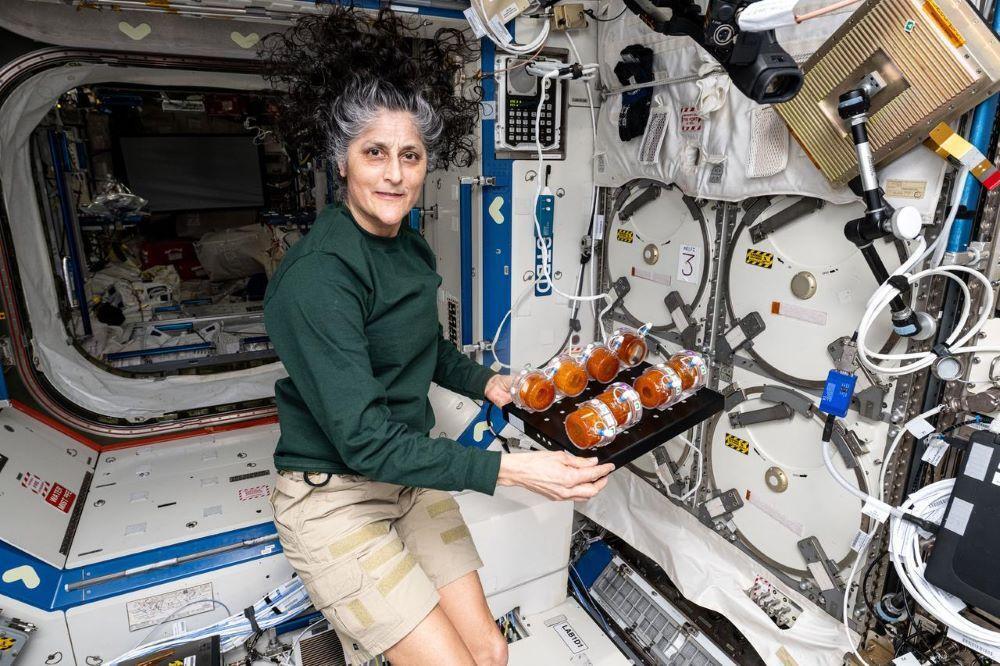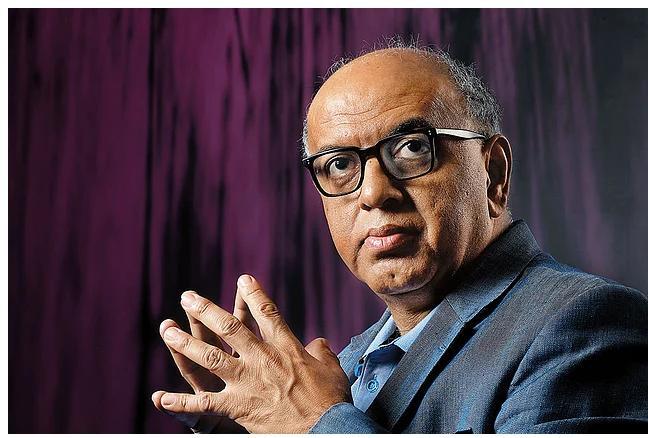
Sunita Williams to Develop ‘Baby Feet’ After Returning to Earth
As NASA astronauts Sunita Williams and Butch Wilmore prepare to return to Earth after a prolonged 9-month stay in space, they can look forward to a unique phenomenon that will make their feet feel like those of a newborn baby. According to ex-NASA astronaut Leroy Chiao, the prolonged exposure to microgravity will cause the astronauts to develop ‘baby feet’ upon their return to Earth.
Chiao, who spent 202 days in space in 2004-2005, explained that the skin on the feet of astronauts in space becomes thinner due to the lack of gravity. This is because the skin’s natural thickness, which is essential for protecting the feet from pressure and friction, is reduced in microgravity. As a result, the astronauts’ feet become soft and tender, similar to those of a newborn baby.
“You basically lose the thick part of the skin on your feet. You kind of have baby feet when you come back,” Chiao said. “The foot calluses come back very quickly,” he added.
This phenomenon is not unique to Sunita Williams and Butch Wilmore, as many astronauts who have spent extended periods in space have reported similar experiences. In fact, Chiao himself experienced this issue during his time in space, and it took him some time to adjust to the changed conditions on his feet.
So, what causes this change in the skin on the astronauts’ feet? The answer lies in the way our bodies adapt to microgravity. In space, the constant pressure and friction on the feet are reduced, which leads to a decrease in the thickness of the skin. This is because the skin’s natural ability to thicken and harden in response to pressure and friction is no longer necessary.
In addition, the lack of gravity also affects the way our bodies produce sweat. In space, the sweat glands produce less sweat, which can lead to dry and cracked skin. This can exacerbate the issue of thin skin on the feet, making them even more sensitive and tender.
The good news is that the astronauts will not have to live with ‘baby feet’ forever. As Chiao explained, the foot calluses will return quickly once the astronauts are back on Earth and their feet are exposed to gravity and pressure again. This is because the skin’s natural ability to thicken and harden in response to pressure and friction is restored once the astronauts return to Earth.
However, the experience of having ‘baby feet’ can be a bit uncomfortable for the astronauts. Chiao recalled that it took him some time to adjust to the changed conditions on his feet when he returned to Earth. “It was a bit of a challenge,” he said. “But you get used to it, and it’s not a big deal.”
The experience of having ‘baby feet’ is just one of the many unique challenges that astronauts face when they return to Earth after a prolonged stay in space. Other issues that astronauts may experience include muscle weakness, vision changes, and even a slight decrease in their sense of taste.
Despite these challenges, the benefits of space travel far outweigh the drawbacks. The experience of being in space can be life-changing, as it allows us to gain new insights into the universe and our place in it. For Sunita Williams and Butch Wilmore, their 9-month stay in space will be an experience that will stay with them for the rest of their lives.
As they prepare to return to Earth, they can look forward to a unique experience that will make their feet feel like those of a newborn baby. And while it may take some time to adjust to the changed conditions on their feet, they will ultimately return to their normal selves, with feet that are strong and resilient once again.






